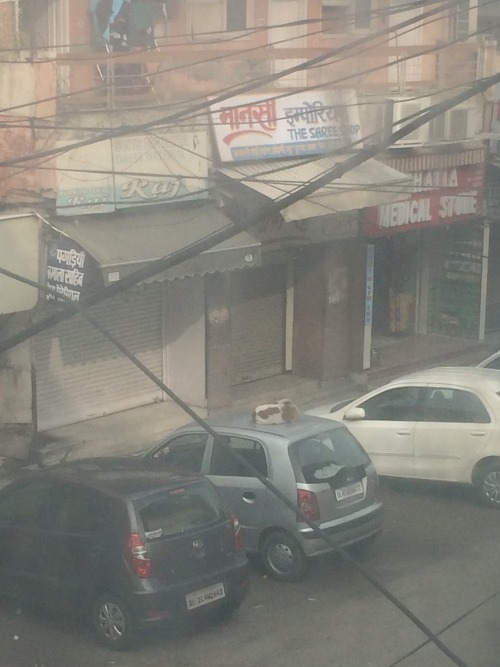Air Pollution and SMOGNot all science words denote progress or an advancement in knowledge or techno
Air Pollution and SMOGNot all science words denote progress or an advancement in knowledge or technology. Some words denote the opposite-the recognition that humans have changed things for the worse. Few words capture this regression more completely than smog. A mashup of the words smoke and fog, the word was coined in 1905 to describe London:At a recent health congress in London, a member used a new term to indicate a frequent London condition, the black fog, which is not unknown in other large cities and which has been the cause of a great deal of bad language in the past. The word thus coined is a contraction of smoke fog “smog” – and its introduction was received with applause as being eminently expressive and appropriate. It is not exactly a pretty word, but it fits very well the thing it represents, and it has only to become known to be popular. [“Journal of the American Medical Association,” Aug. 26, 1905]Unfortunately, not much was done to reduce smog and it wasn’t until the Big Smoke or London Smog Disaster of 1952 that the extent and danger of the problem became evident. A cold weather cyclone settled over the city of London on December 5, 1952 that lingered for a week, trapping cold air and thus causing Londoners to increase the smog by heating with coal. Visibility was so low that navigating city streets was difficult during the day and impossible at night. Although there was no panic at the time, by the end of that week undertakers and flower shops were out of space and product as the death toll climbed to 4,000. Another 8,000 or so (estimates vary) would die in the next couple of months from complications, mostly the young and the old. The London Smog Disaster was not the first documented smog event to have mass casualties, and would not be the last: the 1930 Meuse Valley Smog, the 1939 St. Louis Smog, the 1948 Donora Smog all preceded the London Smog Disaster, and several more have followed. By the mid-fifties, governments around the world began to tackle the issue. 1953 saw the creation of the word smaze, a mashup of smoke and haze. Currently New Dehli is in the grip of a debilitating smog, as a micro-climate and inversion are holding smoke and haze over the city, mixed the area’s already heavy congestion and smoke from the recent festival of lights. India is fast overtaking China as among the most polluted places on earth.Image of Nelson’s Column in London courtesy geograph.org.uk under a Creative Commons 3.0 license. Image of smog in New Dehli taken December 2014 by Kate Ellis, used with permission under a Creative Commons 3.0 license. Thanks, Kate! Journal of the AMA quote via etymonline.com, an excellent resource. -- source link
Tumblr Blog : kidsneedscience.tumblr.com
#etymology#science#climate#pollution#history

